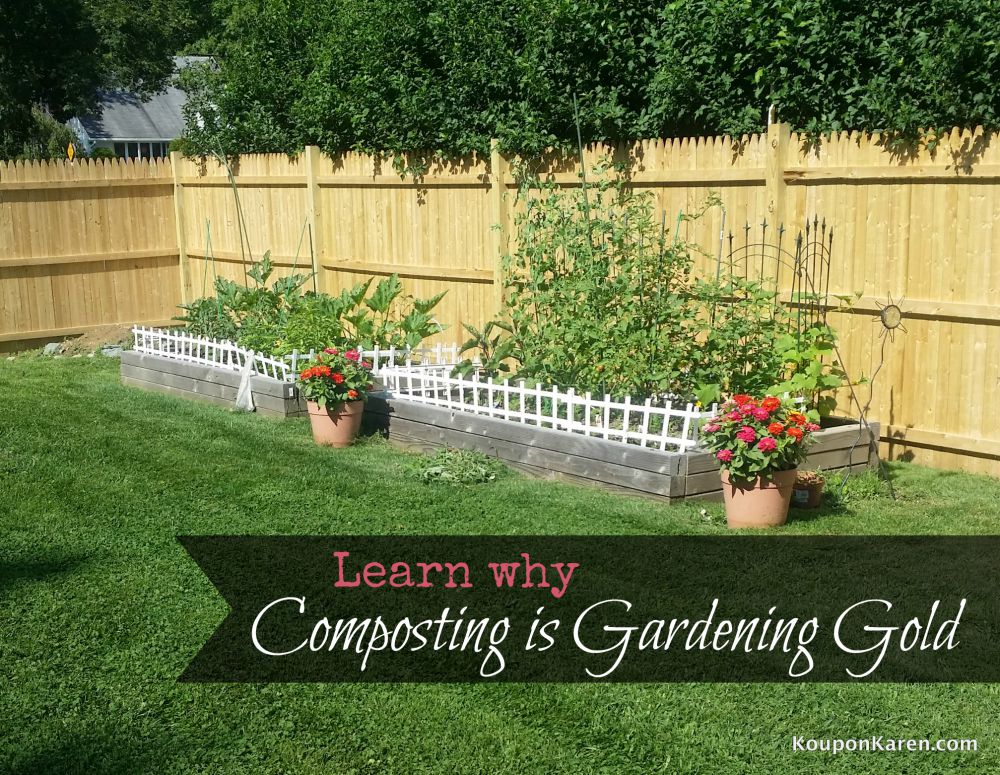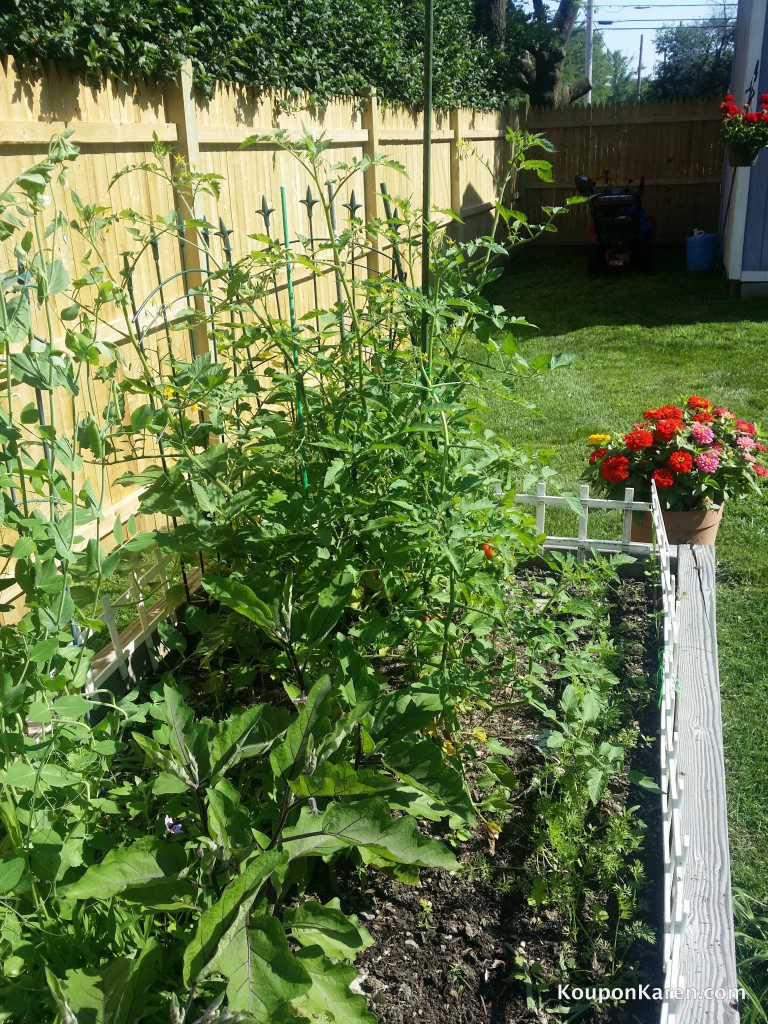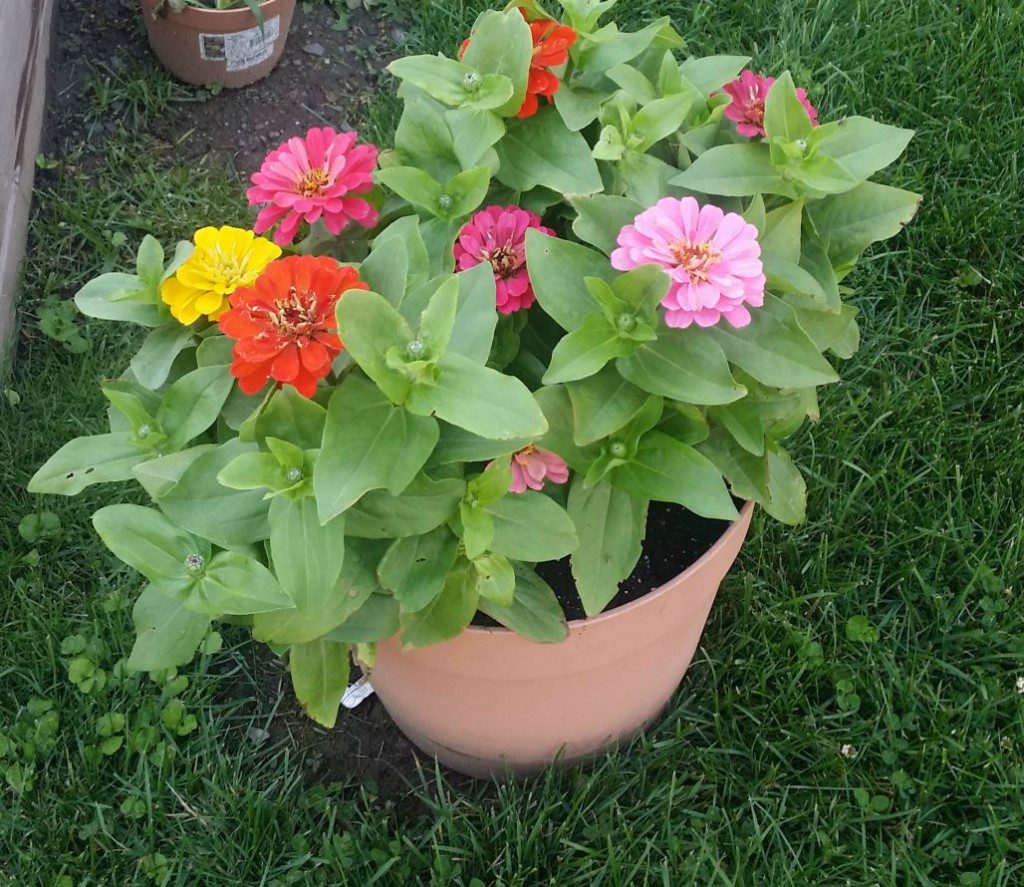Composting is one of the most important things you can do for your garden. Gardening has seen a huge increase in popularity over the past few years. Even city residents have rooftop gardens or tomatoes growing in pots on their decks. If you have the space, one of the best things you can do for your garden is composting. Composting allows you to introduce a healthy punch of nutrients into the soil, which leads to hardier plants and a bigger yield.
Composting – Why Do It?
There are a number of different reasons to compost. One of the big reasons is that it’s better for the environment. Did you know that food waste in landfills generally breaks down in the absence of oxygen? Without oxygen, food waste gives off methane, an extremely powerful green house gas, which contributes to climate change.
Another reason that composting is wonderful is that it allows you to save money on fertilizer while you garden. Compost is full of useful nutrients that promotes a more vigorously growing and fruiting or flowering plant without the need to apply as much fertilizer.
Composting – How to do It
Composting Bins
There are many different methods of composting. One method that has gained significant popularity is the use of composting bins. These bins allow for composting with no smell because the food waste is contained. Most bins also feature a crank for easy turning of the compost, making it quite convenient. All you need to do is keep it moist and turn the bin once every few days.
Make Your Own Composting Area
This is my favorite option. While composting bins are more convenient, they don’t have quite the same outcome as a traditional composting area. My preferred method is a composting area made out of cinderblock. Cinderblock is porous, allowing excess water to escape, but it won’t rot the way wood will.
To make your own composting area, lay cinderblock to make a square to the size of your choosing and about three feet high. You don’t have to be a master mason. It just has to stand up. Leave the bottom dirt. This is why I love a composting area like this. It allows creatures to feed off of the compost and it allows worms to find it. The reason it’s important for animals to peruse your compost is because they will leave behind feces. While this may sound disgusting, it’s actually a wonderful addition to compost. Worms also help break down the compost material and leave behind their own waste.
Composting – What to Add
You can add almost anything to your mixture. Any organic plant waste is fair game. If you have a pet rabbit or other small rodent, their old bedding is an excellent addition to your compost. Dead leaves, grass clippings, dryer lint, and the previous season’s plants also work. And if you know anyone with horses or cows, manure is composting gold.
I like to add a few things that are traditionally not put into it, but I’ve found if you do it right, they can be great additions. Most people don’t add bones, because they take so long to break down. I’ve found it’s a great way to add calcium.
All you need is a fabric bag. I have a smallish bag that I use strictly for crushing up bones. Simply place the bone in the fabric bag and smash it up with a hammer. If it hasn’t been cooked, you may need a sledge hammer. After the bones are nicely crushed, just throw them in. You can also add your dog’s feces. Again, it sounds gross, and most people don’t use it, but it’s a nice addition. Remember, it all eventually just turns to dirt.
Proper Composting
Composting is mostly just throwing everything into a pile and letting it breakdown, but there are a few things you need to do to ensure success. For starters, you need to keep the pile uniformly moist. Compost breaks down from bacteria, and they need a moist environment to survive.
You also want to turn your it every two to three days. As it breaks down, it will get extremely hot. This helps to a certain degree, but too much heat will kill the bacteria. Turning the contents of your bin or pile will ensure uniform heat, moisture, and oxygen for optimal composting.
Composting Makes a Better Garden
If you’re a gardener – whether it be flowers or veggies – and you aren’t composting, you’re missing out. It is is the absolute best way to enrich the soil and get hardy, vigorous plants that will net your more veggies or blooms. If you have the time and the space, give it a try. If you start now, by next season you’ll have some all-natural super food for your garden.








I try to compost in my garden, thanks for giving me more tips on how to do this!